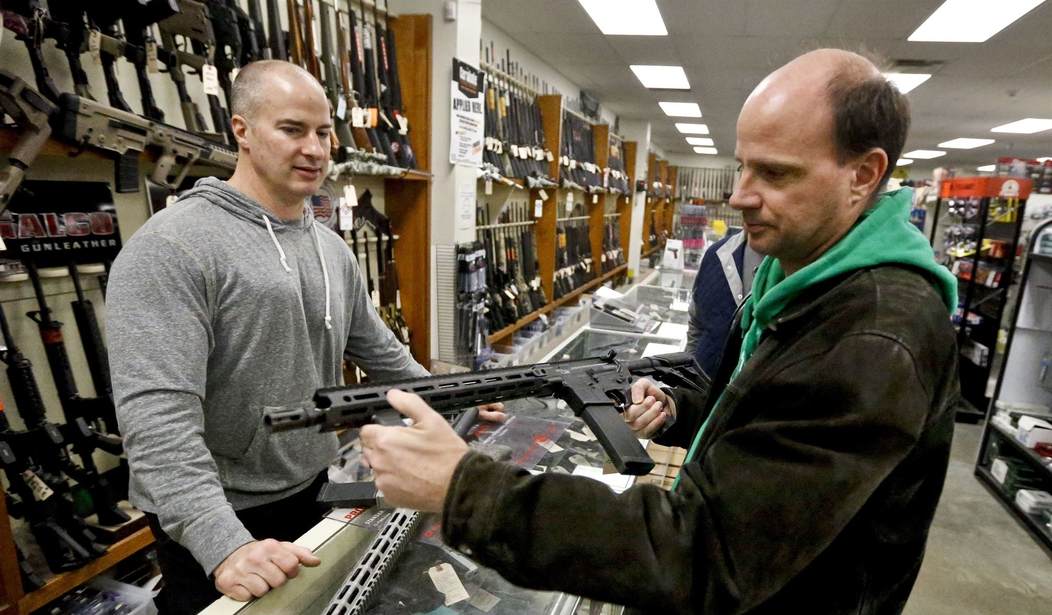Most people don't understand gun tracing. What they know is usually from television, where the heroes find out that the murder weapon was traced to a certain individual and then they get arrested.
In reality, gun tracing doesn't work that way. Even those who think they know how it works, especially those in the media, tend to get it wrong. One publication got it right, though.
It started with a Dallas Morning News story about gun tracing showing a lot of guns coming from a particular community. These were guns being trafficked down to Mexico.
The way the media tends to present this information is by declaring this one place a hub of gun trafficking and trying to paint lawful gun dealers there as being in league with the cartels.
Only, DMN noted something interesting.
Recommended
Furthermore, a recent federal firearms report shows Texas is the nation’s leading supplier of illicit guns to Mexico’s drug cartels and other criminal organizations, representing 43% of the total.
Those are among the revelatory findings culled from a federal gun tracing database obtained by a nonprofit organization and analyzed recently by The Dallas Morning News.
At first glance, the data might suggest Grand Prairie is a hub for international arms trafficking. Dig a little deeper, however, and a more nuanced story emerges – one that not only reveals the challenges of firearms tracing as a tool against gun traffickers, but also illuminates the ongoing national debate between gun rights groups and gun safety advocates over whether such data should be made public.
Tracing can be helpful to agents, revealing patterns used by criminals and identifying possible suspects. And it can be used to alert gun sellers. But the data also can be of limited value when a gun’s serial number is filed off, when the sales paperwork is missing or when the firearms are old.
Those guns from Grand Prairie are a prime example.
The 275 Grand Prairie confiscated guns, it turns out, are very old. Some were bought so long ago that the North Texas gun store owners who sold them are long dead.
See, the issue is that gun tracing really only works to determine where the gun was sold originally and who bought it at that time.
Yet the media tends to not recognize that time to tracing is an important metric. It's one thing for a gun to be traced right after a crime only to find out it was purchased a couple of days ago.
The longer that time is, though, the less and less it matters where it was originally bought. That's because it becomes less and less likely that the original seller had anything to do with where it ended up. While it's possible it was immediately trafficked, it's also possible that it was stolen from the lawful purchaser, bought in a face-to-face transfer, or a thousand other possibilities.
And that happens a lot.
The media, however, generally glosses that over, if they even realize it's a thing. They just hype up the tracing data, saying it all comes from this one point or one town or whatever, then pretend there's literally no other case where that could happen unless the stores are doing something wrong.
They're generally not, especially since the ATF has been on the warpath lately, just looking for excuses to shut down gun stores. There might be the odd bad actor, but most gun stores aren't interested in breaking the law.
So when you hear the media start talking about gun tracing, understand how useless it really is in most cases.
In fact, the most useful thing about it is the media's poor understanding of it. It makes it a lot easier to sell the idea that "ghost guns" are a problem.
























